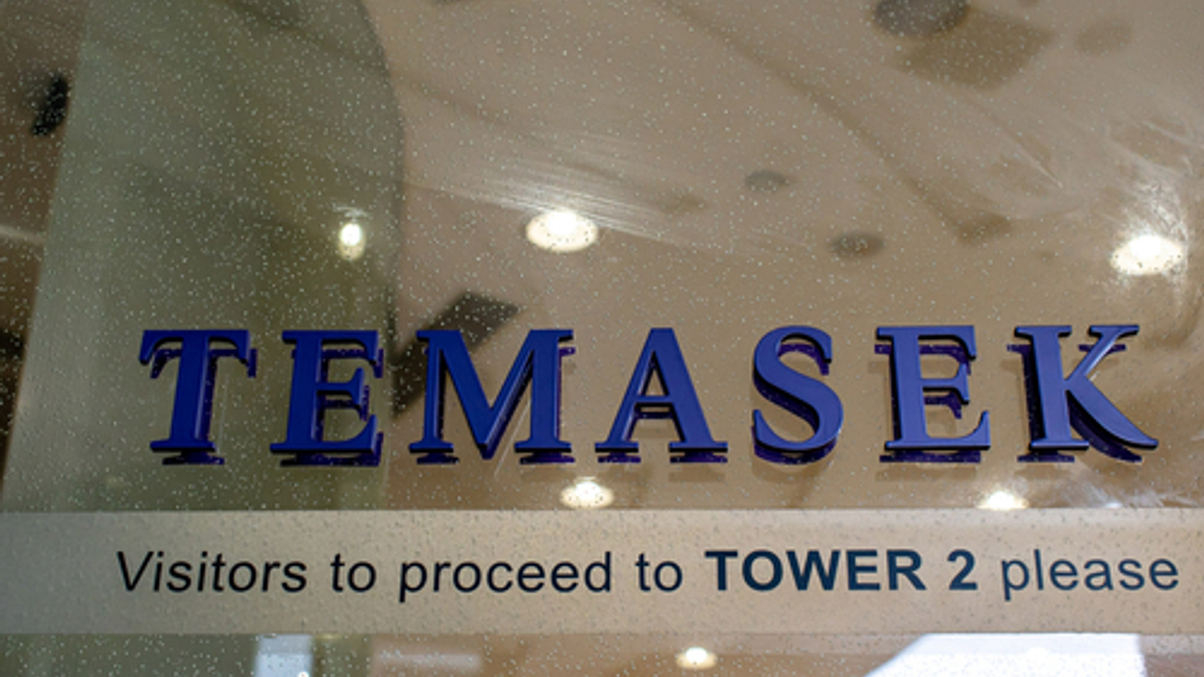Temasek’s Seviora launch tipped to boost assets, yield
The Singapore state investor is integrating four of its asset management arms under one chief, with an eye on greater scale, product synergies and a shared technology platform.

Temasek’s creation of a company to oversee four of its asset management units will boost the Singapore state fund’s investing scale and operational efficiency, and potentially attract more clients to the subsidiaries in question, industry observers say.
Temasek said on Tuesday (October 6) that it would combine the quartet under Seviora Holdings, forming a group with S$75 billion ($54.3 billion) under management, which will be creating a shared technology platform.
Sign in to read on!
Registered users get 2 free articles in 30 days.
Subscribers have full unlimited access to AsianInvestor
Not signed up? New users get 2 free articles per month, plus a 7-day unlimited free trial.
¬ Haymarket Media Limited. All rights reserved.


